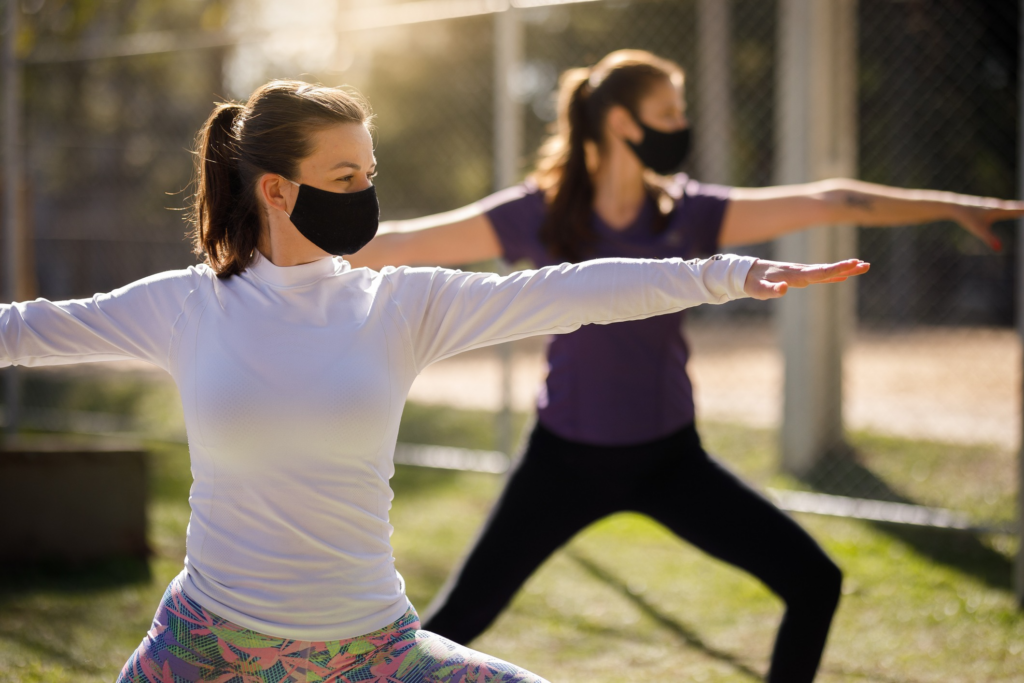Are you tired of the same old gym routine and looking for a refreshing way to stay active? Outdoor physical activities offer a myriad of benefits for both body and mind, providing a rejuvenating experience that can enhance your overall health and well-being. In this guide, brought to you by Care of Life, we’ll explore the many advantages of exercising outdoors and offer tips on how to make the most of your outdoor fitness journey.
Introduction
In today’s fast-paced world, finding time to prioritize our health and fitness can be challenging. However, incorporating outdoor physical activities into your routine can make a world of difference. Whether it’s a leisurely stroll in the park, a challenging hike in the mountains, or a fun game of soccer with friends, spending time outdoors engaging in physical activity offers numerous benefits that go beyond just burning calories.
The Benefits of Outdoor Physical Activities
- Improved Mood and Mental Well-being: Spending time outdoors and soaking up the sunshine can boost your mood and reduce feelings of stress, anxiety, and depression. The fresh air and natural surroundings have a calming effect on the mind, leaving you feeling refreshed and rejuvenated.
- Enhanced Physical Fitness: Outdoor activities often involve a variety of movements that engage different muscle groups and challenge your cardiovascular system. Whether you’re hiking, biking, or playing a sport, you’ll improve your strength, endurance, and flexibility while enjoying the great outdoors.
- Vitamin D Production: Exposure to sunlight stimulates the production of vitamin D in the body, which is essential for maintaining strong bones, supporting the immune system, and regulating mood. Spending time outdoors allows you to soak up this vital nutrient naturally.
- Connection with Nature: Being surrounded by nature has been shown to have numerous health benefits, including reduced blood pressure, improved immune function, and increased feelings of happiness and well-being. Whether you’re exploring a local park or hiking through a forest, connecting with nature can rejuvenate your spirit and invigorate your senses.
- Social Interaction: Many outdoor activities provide opportunities for socializing and building connections with others. Whether you’re joining a group fitness class, participating in a team sport, or simply enjoying a walk with friends, exercising outdoors can foster a sense of community and belonging.
Tips for Getting Started
- Start Slow: If you’re new to outdoor exercise or have been inactive for a while, start with activities that are low-impact and easy to moderate in intensity. Gradually increase the duration and intensity of your workouts as your fitness level improves.
- Choose Activities You Enjoy: The key to sticking with an exercise routine is finding activities that you genuinely enjoy. Whether it’s hiking, cycling, swimming, or playing a sport, choose activities that you look forward to and find fulfilling.
- Be Prepared: Before heading outdoors, make sure you’re prepared for the elements. Dress appropriately for the weather, wear sunscreen to protect your skin from the sun’s rays, and bring plenty of water to stay hydrated.
- Mix It Up: Keep your outdoor workouts interesting by mixing up your routine and trying new activities. Explore different trails, parks, and outdoor facilities in your area to keep things exciting and challenging.
- Listen to Your Body: Pay attention to how your body feels during and after exercise. If you experience pain or discomfort, take a break and rest as needed. It’s essential to listen to your body’s signals and avoid pushing yourself too hard.
FAQs (Frequently Asked Questions)
Q1: Can outdoor physical activities help with weight loss? A1: Yes, outdoor activities like hiking, biking, and running can burn calories and contribute to weight loss when combined with a balanced diet and regular exercise routine.
Q2: Are outdoor workouts suitable for all fitness levels? A2: Yes, there are outdoor activities available for people of all fitness levels and abilities. Whether you’re a beginner or a seasoned athlete, you can find outdoor exercises that suit your needs and goals.
Q3: How can I stay safe while exercising outdoors? A3: To stay safe during outdoor workouts, be sure to dress appropriately for the weather, stay hydrated, wear sunscreen, and listen to your body’s signals. Avoid exercising in extreme weather conditions and be mindful of potential hazards like uneven terrain.
Q4: Can outdoor physical activities improve mental health? A4: Yes, spending time outdoors and engaging in physical activity has been shown to have numerous benefits for mental health, including reduced stress, anxiety, and depression, and improved mood and overall well-being.
Q5: What are some examples of low-impact outdoor activities? A5: Low-impact outdoor activities include walking, hiking, cycling, swimming, yoga, and tai chi. These activities are gentle on the joints and suitable for people with physical limitations or injuries.

